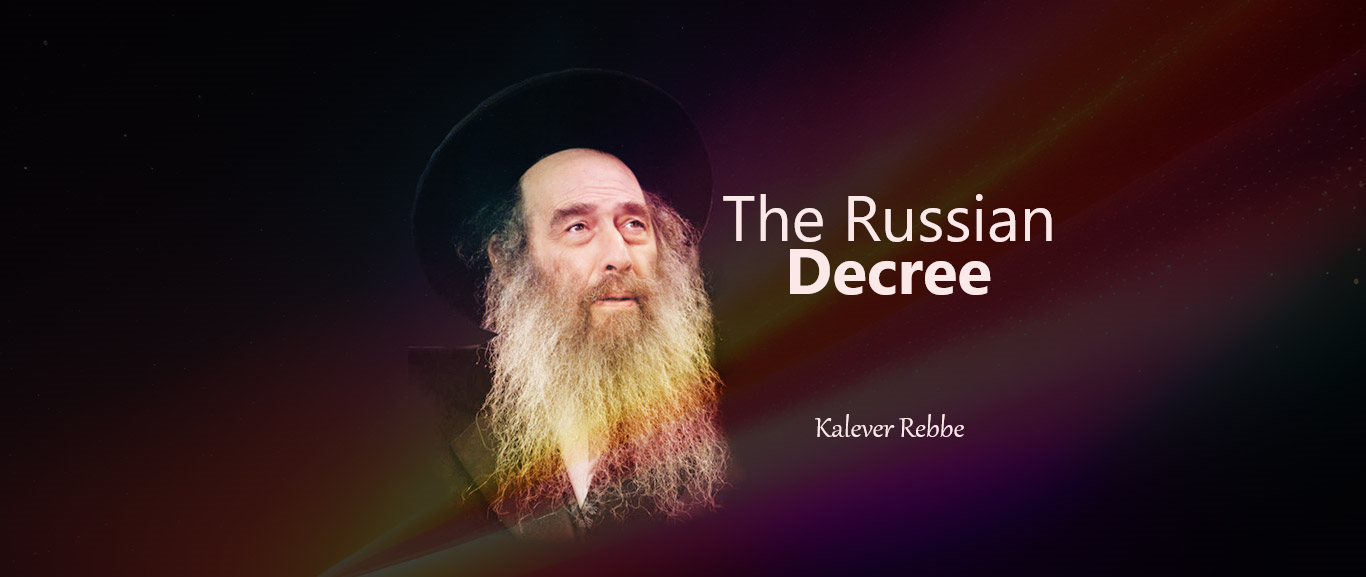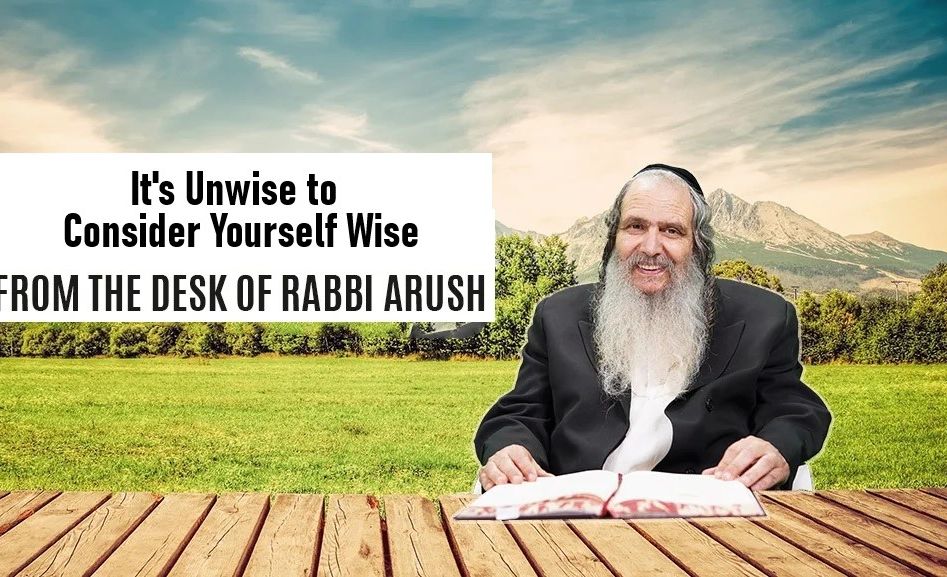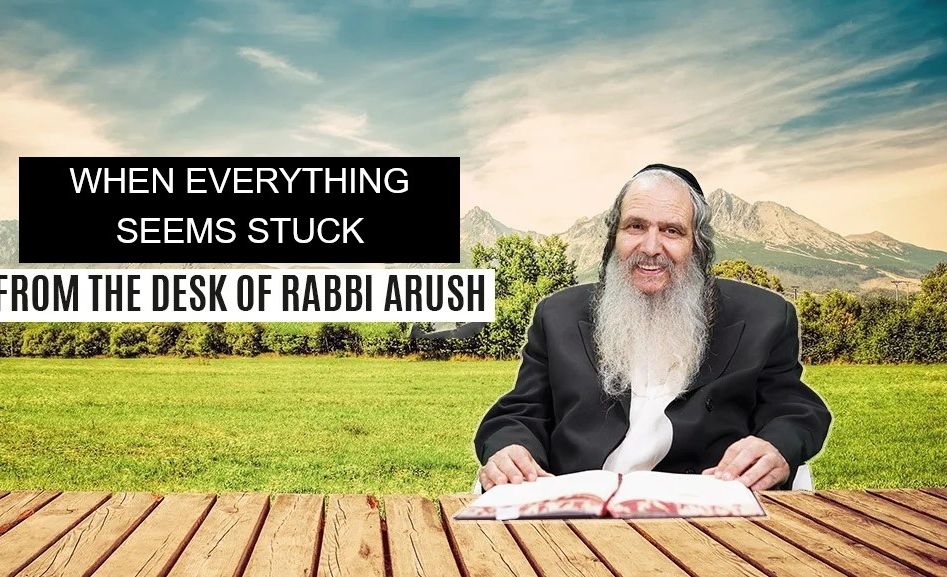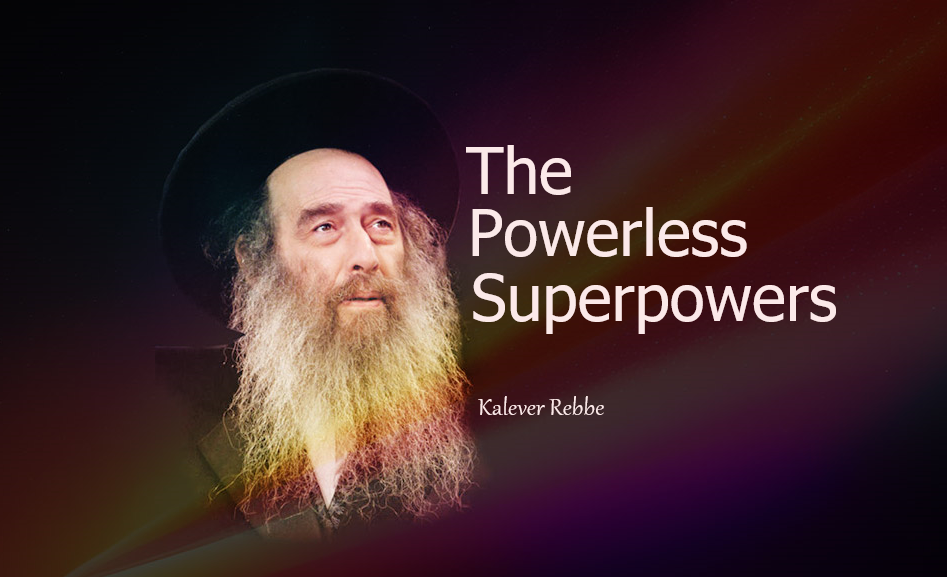
The Russian Decree
In recent days, the bodies of the two Bibas children who were viciously murdered in Gaza were returned to Eretz Yisrael. What could these beautiful, pure souls have done to deserve such an end? The Kalever Rebbe explains how we can see Hashem’s compassion in such horrors.

“And these are the ordinances that you shall set before them.” (Shemot 21:1)
At times, we witness young children, innocent and untainted by sin, enduring profound suffering or, tragically, falling victim to unspeakable violence.
This harrowing reality compels us to ask: what could these pure souls have possibly done to deserve this?
The Sha’ar HaGilgulim addresses this very question, by explaining that these souls have walked this world before, inhabiting different bodies in previous lifetimes, yet they failed to fulfill their divine purpose. In the Heavenly Court, it was decreed that they would return in a new form, granted another opportunity to mend what was left incomplete, or to endure suffering as a means of atonement for past transgressions.
The Soul of the Prince
The Baal Shem Tov once traveled to a city, where a distraught woman approached him, pleading for his help. Her infant was gravely ill, and she begged him to intervene and save her child.
Yet, not long after, the child passed away. Overcome with sorrow, the woman returned to the Baal Shem Tov, crying bitterly and reproaching him for not acting to heal her son.
Gently, the Baal Shem Tov responded:
In a previous lifetime, this child was a prince — the son of a mighty king. His father appointed as his tutor a man who was one of the Anusim, a Jew forced to conceal his faith during the persecutions in Spain. Though outwardly he lived as others did, in secret he served Hashem with unwavering devotion, studying the Torah in solitude.
The young prince, perceptive and curious, began to notice his teacher’s mysterious behavior. Determined to uncover the truth, he observed him closely until he discovered that, at certain times, the tutor would retreat into solitude to study Torah. One day, the prince confronted him and said, ‘If you do not teach me this wisdom as well, I will expose your secret to my father, the king, and you will surely be sentenced to death.’
Left with no choice, the tutor began teaching the prince the ways of the Torah. As time passed, the prince’s heart was drawn ever closer to its holiness, and he became consumed with the desire to embrace the Jewish faith. Eventually, he fled to a distant land, where he formally converted and lived as a truly righteous man.
Yet, when his soul departed this world, it was unable to ascend to the highest celestial realms of Gan Eden, because he wasn’t born to a Jewish mother and in his earlier years he did not live properly. Therefore, the Heavenly Court decreed that he must return once more to the world, this time born into a Jewish home, so that he could complete his soul’s rectification. And so, he was granted this final journey — to fulfill that which remained unfinished.
When the child’s mother heard the words of the Baal Shem Tov, a sense of peace settled over her. She now understood that her child’s passing was not a tragedy, but rather a fulfillment of his soul’s purpose. Having completed his mission in this world, he was returning to the higher realms to receive his well-earned reward in Gan Eden.
The Sins of Our Past
A similar account is told regarding the harsh Cantonist decree in Russia, when young Jewish boys were torn from their families and forcibly conscripted into the Tzar’s army. In their anguish, righteous individuals prayed fervently to annul the decree, but a revelation from Heaven disclosed a deeper truth. These children were reincarnations of the Biryonim, the zealots from the time of the Second Temple who had joined the resistance against Rome, defying the guidance of the sages. Consequently, their souls were destined to return to this world, where they would be taken by force into military service — as a means of rectifying their past.
This is one of the reasons for a perplexing reality seen throughout the generations: although observing the mitzvot brings goodness and brachot even in this world, there are still cases where the righteous suffer. Many great tzaddikim, despite their immense merits, endured severe illnesses and hardships. History, too, is filled with tragic examples — countless righteous individuals faced brutal torment and death, whether during the destruction of the First and Second Temples, the Crusades, or, more recently, the horrors of the Holocaust.
We must remember – as the seforim hakedoshim [holy books] have explained – that suffering and hardships also are sent from Hashem, who is Merciful. Sometimes, even the most righteous endure suffering, as part of a greater divine plan — one that leads to immense spiritual benefit. Often, such trials serve to rectify the soul’s imperfections from a previous incarnation. The Kabbalists, for instance, revealed that Iyov [Job], though a man of great righteousness and yirat shamayim [fear of heaven], endured profound suffering to atone for the transgressions of his soul in a prior lifetime — when he had been Terach, the father of Avraham Avinu.
Returning to Rectify
The Baal Shem Tov recounted a striking story: In the cities of Ashkenaz, there was a tzaddik who revealed to his closest students, that in a past life he had been the head of the Sanhedrin during the time of the Beis HaMikdash. He was arrogant and haughty. When the prophet Zechariah came to foretell the impending destruction, not only did he [the tzaddik] dismiss him, but he slapped him across the face and called him ignorant and unfit to prophesy. His scornful actions incited others, who attacked Zechariah and ultimately murdered him.
Because of this grave sin, the soul of this Sanhedrin leader was condemned to return to the world repeatedly, each time meeting a violent death. Now, he explained, he was once again destined to be killed — this time by murderers. Yet, with this final suffering, his soul would complete its rectification and finally earn its place in Gan Eden. Before his death, he instructed that his gravestone bear an extraordinary inscription: “Here lies the one who killed the prophet Zechariah.” And so, it was.
It says in Tehillim (Psalm 139:5), “From the rear and the front You encompassed (formed) me, and You placed Your hands on me…” The phrase “From the rear and the front You encompassed (formed) me” is alluding to this idea of being created and formed more than once. And this reincarnation is solely for the sake of “You placed Your hands on me.” This entire process is for our ultimate brachot and goodness by granting us another opportunity to purify our souls and be blessed in Gan Eden.
Happiness During Difficult Times
When we take a moment to reflect on this, we can find joy even in challenging situations, as we begin to understand that everything happens for a reason. This perspective is why faithful Jews do not seek remedies for sadness during difficult times, unlike many others.
We can say that this concept is alluded to in our pasuk above:
“And these are the ordinances…” – These are the decrees that come from the Heavenly Court, which determines when souls should return to this world for their own good. As explained in the Zohar, this verse reveals how Hashem informed Moses about the laws of reincarnation.
The phrase word “asher” in Hebrew is like “osher” which connotes happiness. This happiness “you shall set before them” – by teaching the yidden about this concept of reincarnation, they will not fall into despair when confronted with harsh judgments, thus allowing them to live always with happiness.
***
The Kalever Rebbe is the seventh Rebbe of the Kaalov Chasidic dynasty, begun by his ancestor who was born to his previously childless parents after receiving a blessing from the Baal Shem Tov zy”a, and later learned under the Maggid of Mezeritch zt”l. The Rebbe has been involved in outreach for more than 30 years and writes weekly emails on understanding current issues through the Torah. Sign up at www.kaalov.org.












Tell us what you think!
Thank you for your comment!
It will be published after approval by the Editor.